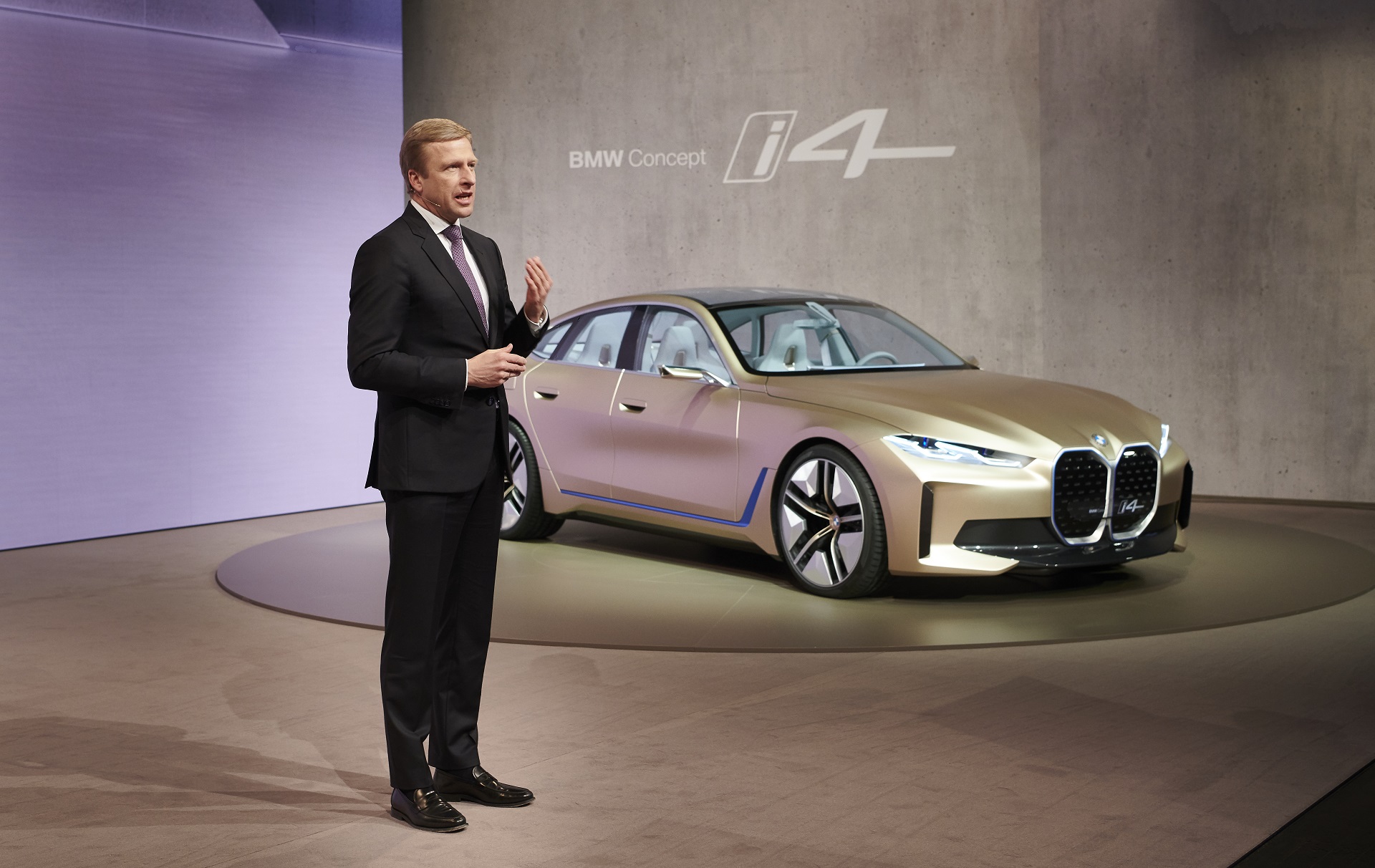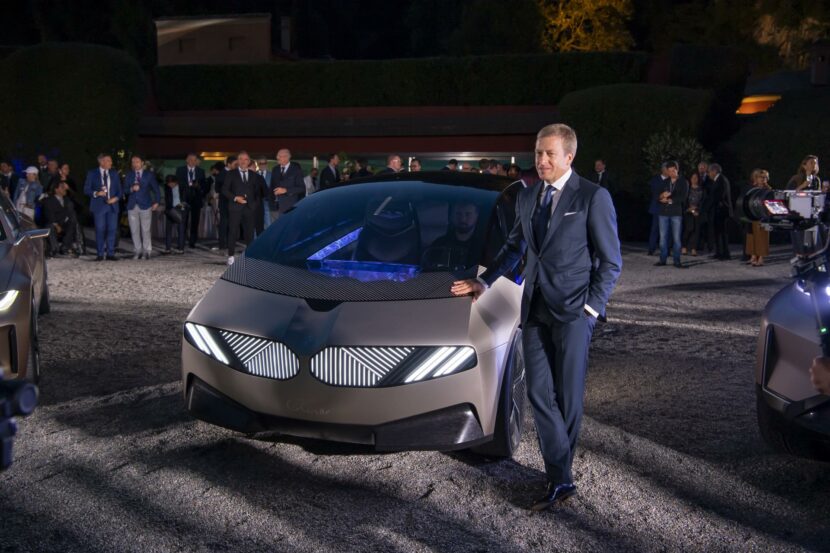BMW Boss: Tariffs On Chinese EVs Would Be Like Shooting Yourself In The Foot

After saying that “China is the place to be” last month, the BMW boss discussed the European Union’s proposed tariffs on EVs imported from China. Speaking with German business newspaper Automobilwoche, CEO Oliver Zipse was clearly against the plan to impose EU import duties on EVs from China.
Why? The BMW boss claims that more than 50 percent of all EVs imported to the European Union are built by non-Chinese automakers. An example that springs to mind is the cheap and popular Dacia Spring. He said that Chinese car brands have a market share in Europe of less than one percent. The top brass from Munich is confident the Old Continent isn’t about to be flooded with Chinese imports.
“This shows very clearly how quickly you can shoot yourself in the foot. Tariffs are shadowy protective functions that essentially harm ourselves.”


During a call with Automobilwoche, Oliver Zipse also touched on the CO2 fleet targets applied in EU countries. While the current norm is to adjust the limits once every five years, the BMW boss suggests the targets should be changed annually. He argues there would be faster progress regarding decarbonization compared to tightening the rules every five years.
Meanwhile, the current target is 95 grams of CO2 per kilometer for passenger cars until the end of the year. Every gram above this threshold incurs a €95 fine for every car sold. In 2025, the target will drop to 93.6 grams and then again to 49.5 grams from 2030. Ultimately, the EU wants zero grams from 2035. Combustion engines might live past the middle of the decade through synthetic fuels. However, looking at how things are nowadays, it seems unlikely that the production of e-fuels will be scaled up to support millions of cars.
Some automakers such as Toyota are trying to save the ICE by making it run on hydrogen. The BMW boss said current and future regulations focus only on new cars, therefore ignoring the existing fleets. He believes the EU must discuss with the fuel industry and try to make e-fuels a reality.
Source: Automobilwoche (subscription required)
